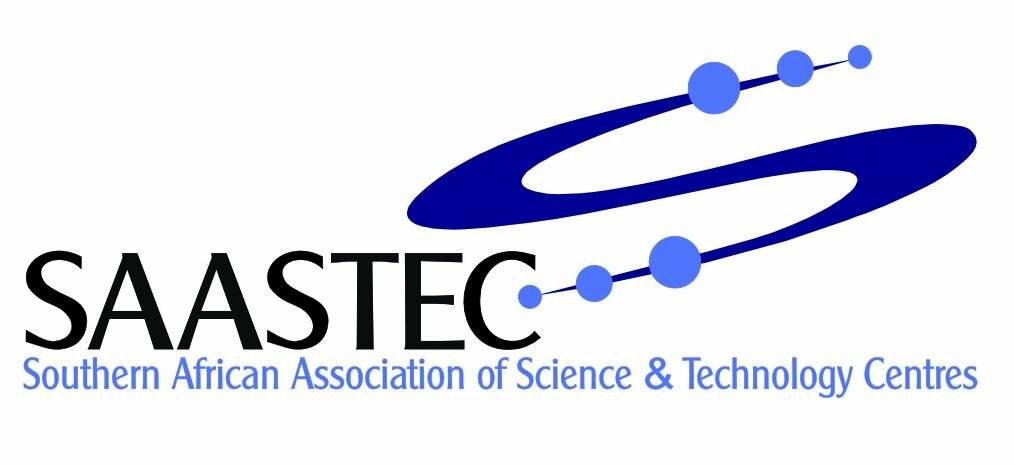Taariq Mowzer, in grade 10 at Fairbairn College in Cape Town, won the gold medal in the 34th South African Computer Programming Olympiad. He described the Mastermind question of the event as “one of the most fun questions I have done”.
Along with 12 other finalists he spent two days writing six computer programs to solve problems. His solution to the the Mastermind problem, based on the 1972 board game, gave him the edge to win the prestigious Standard Bank Trophy and his gold medal at the awards dinner. In her address, Nicole Borges, head of investment banking technology emphasised that Standard Bank’s investment in the Olympiad over the past 15 years showed commitment to develop and reward high level programming skills in South Africa. “These skills are in great demand”, she said, adding that “half of my day is spent on blockchain technology”.
There were 227 schools from all nine provinces that participated in the first round. The initial field of 2 348 participants was reduced to 478 for Round Two and 13 reached the finals – all of them with perfect scores.
The Programming Olympiad Finals took place over an October weekend at UCT. The finalists came from five provinces. The two silver medal winners were Tian Cilliers (Gr 11, Stellenbosch High) and Ralph McDougall (Gr 11, Curro Durbanville). The three bronze medals were earned by Jordan Arenstein (Gr 12, King David Victory Park, Gauteng), Donal Davies (Gr 12, Woodridge College, Eastern Cape) and Emile Tredoux (Gr 11, Parklands College, Cape Town). The medal winners will be invited to attend training camps where they will also compete to qualify for the South African team of four to go to Japan in September 2018 for the 30th International Olympiad in Informatics.
The guest speaker at the Awards Ceremony was Dr Judith Bishop, a distinguished Computer Scientist and author of 16 books on computer languages. While working as Director of Research at Microsoft in Seattle, she was on the development team for the micro:bit, which she demonstrated. In 2016 this tiny programmable device was given to one million 11-year- old learners in the UK as part of the BBC “Make it Digital”. The aim was to inspire a new generation to get creative with coding and not to be mere users (consumers) of technology.
“What are the hot areas in Computer Science today?” asked Dr Bishop. “There is no doubt about it, AI (Artificial Intelligence) is top of the list. All of industry is trying neural networks, machine learning, vision recognition, language translation, etc.” She added that “once the AI people have made their plan, it must still be programmed, compiled, debugged. Underpinning all of these is the skill of software engineering. There will always be a place for top designers, analysts and programmers.”
The awards dinner was a happy return for the 1986 gold medal winner, Gustav Mauer who attended with his wife Margaretha. Their daughter Christina (Gr 10, Durbanville High School) was the only female finalist. Gustav is a senior software development engineer in the IT industry at Amazon Web Services and remarked afterwards that “the industry… desperately needs more skilled developers”.
A key goal of the Programming Olympiad is to attract more young people to learn programming – an ability that is required not only in the IT industry, but in most occupations of the future.
Media release by: Michael Cameron, manager SA Computer Olympiad
Phone: 021 448 7864
e-mail:
The following clarity on the Mastermind question may be of interest to specialist readers:
Mastermind is a popular two-player game invented in 1972. One player is the codemaker and the other player is the codebreaker. The ultimate goal of the game is for the codebreaker to guess a secret pattern that the codemaker chooses at the start. The original game had a pattern of four spaces and a choice of six colours.
In the Olympiad question, “the game starts by having the codemaker think of a secret pattern of length N, using positive integers ranging from 1 to K…”
The Mastermind subtask 1 had to be programmed for a pattern length of 3, with just two positive integers; but for full marks, subtask 6 had to provide for up to ten positive integers in a pattern of any length.
Finalists Medal winners and Runners-up
First name, Last name, Grade, School, Suburb, Medal/Certificate
| Taariq | Mowzer | 10 | Fairbairn College | Cape Town | Gold |
| Tian | Cilliers | 11 | Stellenbosch High | Stellenbosch | Silver |
| Ralph | McDougall | 11 | Curro Durbanville | Cape Town | Silver |
| Jordan | Arenstein | 12 | King David Victory Park | Linden | Bronze |
| Donal | Davies | 12 | Woodridge College | Thornhill | Bronze |
| Emile | Tredoux | 11 | Parklands College | Cape Town | Bronze |
| Jesse | Bristow | 12 | Maragon Private School | Roodepoort | Runner-up |
| Christopher | Du Plessis | 12 | St Stithians Boys’ College | Randburg | Runner-up |
| Sean | Groenewald | 11 | Randburg Hoërskool | Randburg | Runner-up |
| Warren | Hood | 11 | Eshowe High | Eshowe | Runner-up |
| Stefan | Louw | 11 | Randburg Hoërskool | Randburg | Runner-up |
| Christina | Mauer | 10 | Durbanville High | Cape Town | Runner-up |
| Sean | Stott | 12 | UFS Python Project | Bloemfontein | Runner-up |
